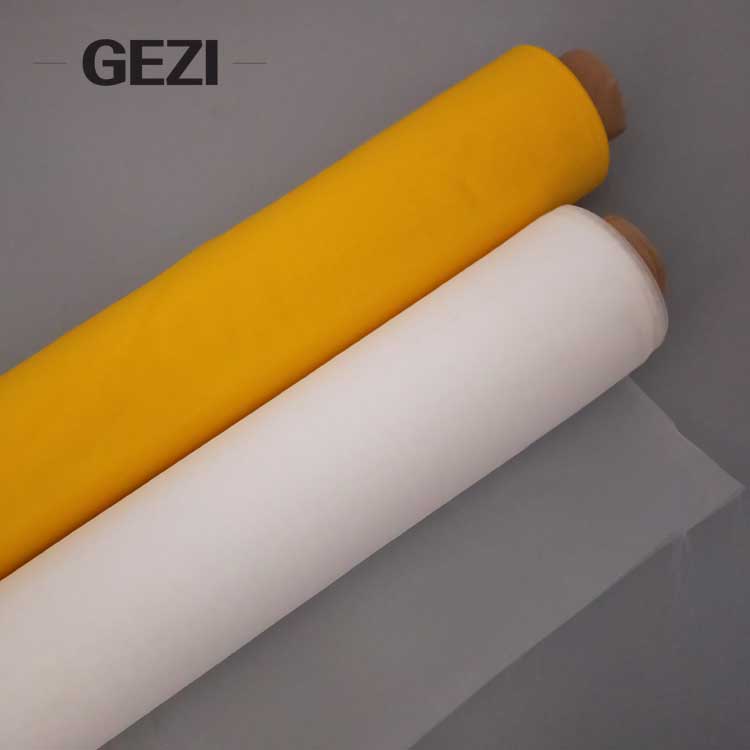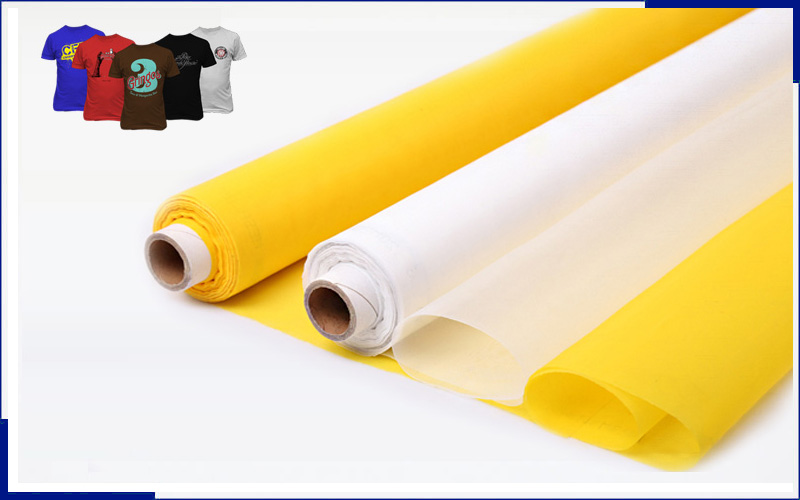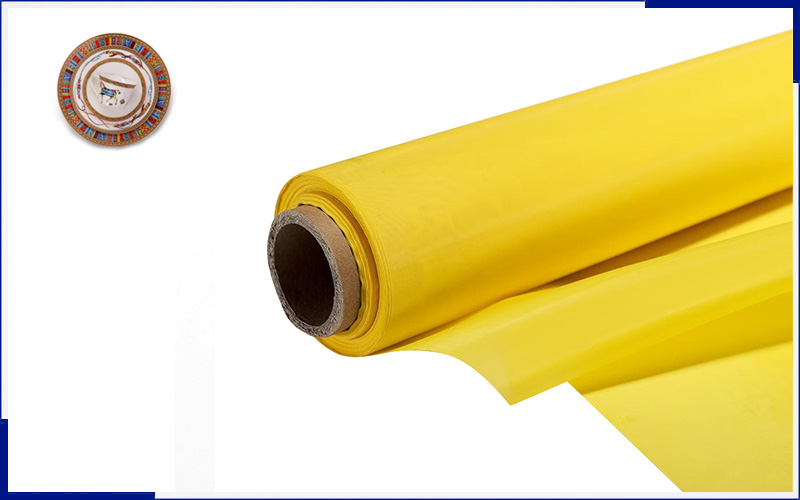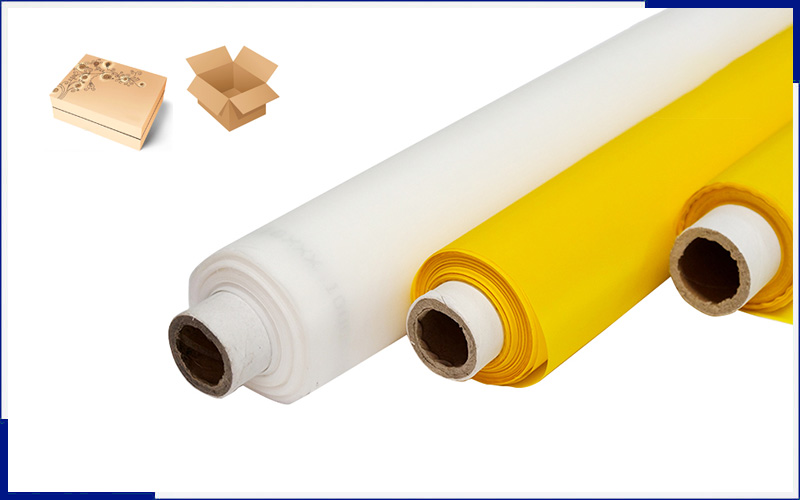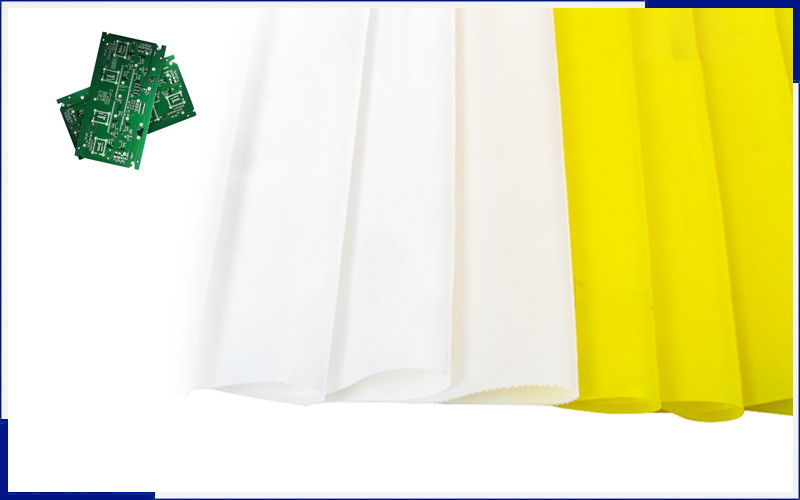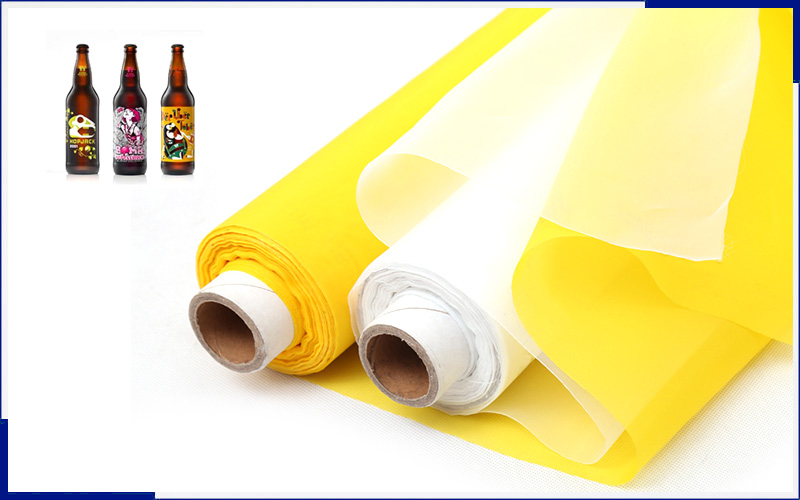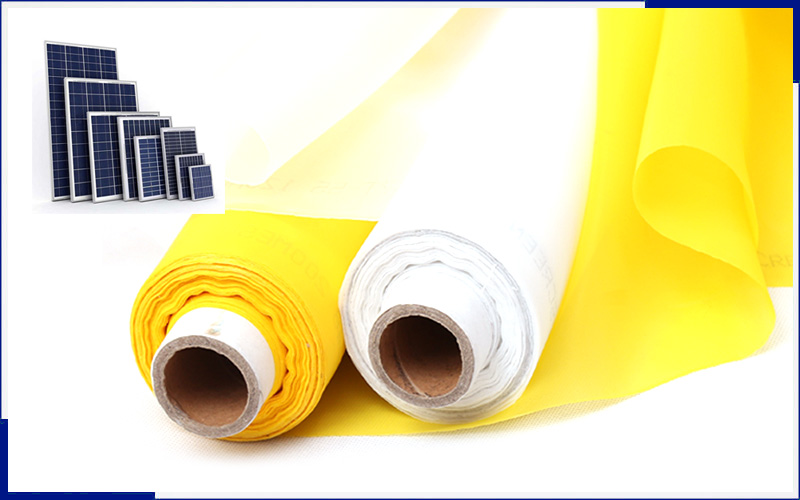Screen Printing Mesh 101: Understanding the Basics and Exploring Different Mesh Types
Screen printing mesh is a popular and versatile printing technique used in various industries, including textiles, graphics, and electronics. It allows for the reproduction of intricate designs and patterns on a wide range of materials. One of the key components of the screen printing process is the mesh, which acts as a stencil to transfer ink onto the desired substrate. In this article, we will delve into the basics of screen printing mesh and explore the different types available in the market.
Understanding the Basics of Screen Printing Mesh:
Silk screen printing mesh is a woven fabric made from synthetic fibers, such as polyester, nylon, or stainless steel. The mesh is stretched taut over a frame to create a flat and even surface. The openness of the mesh is determined by the number of threads per inch (TPI) or threads per centimeter (TPC). A higher TPI/TPC indicates a finer mesh with smaller openings, while a lower TPI/TPC signifies a coarser mesh with larger openings.
The mesh plays a crucial role in screen printing as it acts as a stencil, allowing the ink to pass through the open areas while blocking it from areas covered by the mesh. The size of the mesh openings determines the level of detail and the amount of ink deposited on the substrate. Different mesh types are chosen depending on the nature of the design, the type of ink, and the material being printed.
1.Exploring Different Mesh Types:
Monofilament Polyester Mesh: This is the most common and widely used type of mesh in mesh screen printing. It is made from single-strand polyester fibers and offers good durability and flexibility. Monofilament polyester printing screen mesh is available in various TPI/TPC counts and is suitable for a wide range of applications, including textile printing, graphics, and ceramics.
2. Multifilament Polyester Mesh:
Unlike monofilament mesh, multifilament polyester screen printing mesh silk is made from multiple strands of polyester fibers twisted together. This type of mesh is coarser compared to monofilament screen print cloth mesh and is commonly used for printing on heavier substrates, such as glass, metal, and wood. It provides good ink deposit and is resistant to wear and tear.
3. Nylon Mesh:
Nylon mesh is known for its exceptional strength and durability. It is commonly used for printing on industrial products, such as circuit boards and electronic components. Nylon mesh is resistant to chemicals and high temperatures, making it suitable for applications that involve harsh printing conditions.
4.Stainless Steel Mesh:
Stainless steel mesh is the most durable and long-lasting option among all mesh types. It is highly resistant to corrosion and can withstand high tension, making it suitable for heavy-duty industrial printing applications. Stainless steel mesh is commonly used in the electronics industry for printing conductive inks and solder pastes.
5.Choosing the Right Mesh:
Selecting the appropriate mesh for a screen printing job depends on several factors, including the desired level of detail, ink viscosity, substrate material, and the type of printing equipment being used. Finer meshes with higher TPI/TPC counts are suitable for detailed designs and thinner inks, while coarser meshes are preferred for heavier inks and substrates.
It is crucial to consider the mesh tension during the stretching process to ensure optimal printing results. Proper tensioning of the mesh ensures consistent ink deposit and prevents issues like smudging or incomplete prints. Regular maintenance and cleaning of the mesh are also essential to prolong its lifespan and maintain print quality.
In conclusion, understanding the basics of screen printing mesh and exploring the different types available can help you make informed decisions when it comes to choosing the right mesh for your printing needs. Each mesh type has its own unique properties and applications, so it is important to consider factors such as design complexity, ink type, substrate
